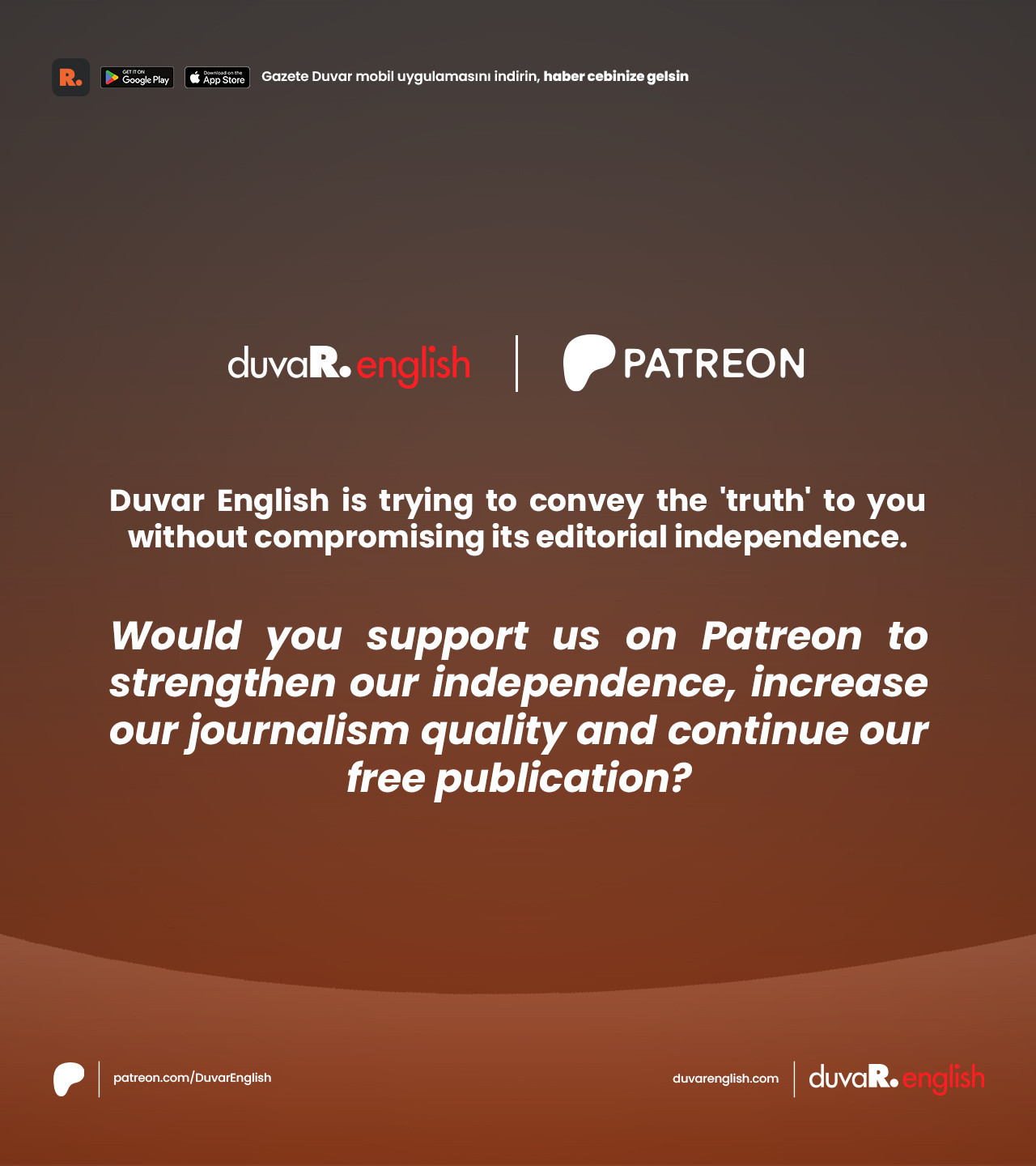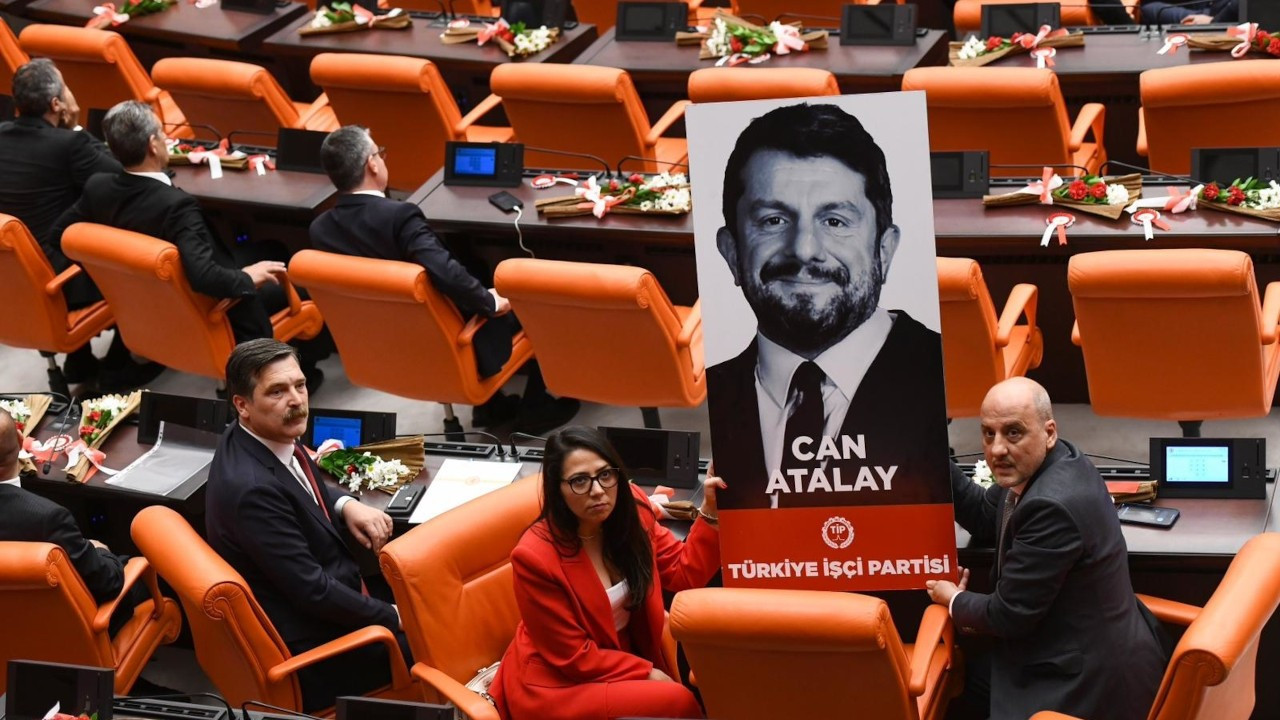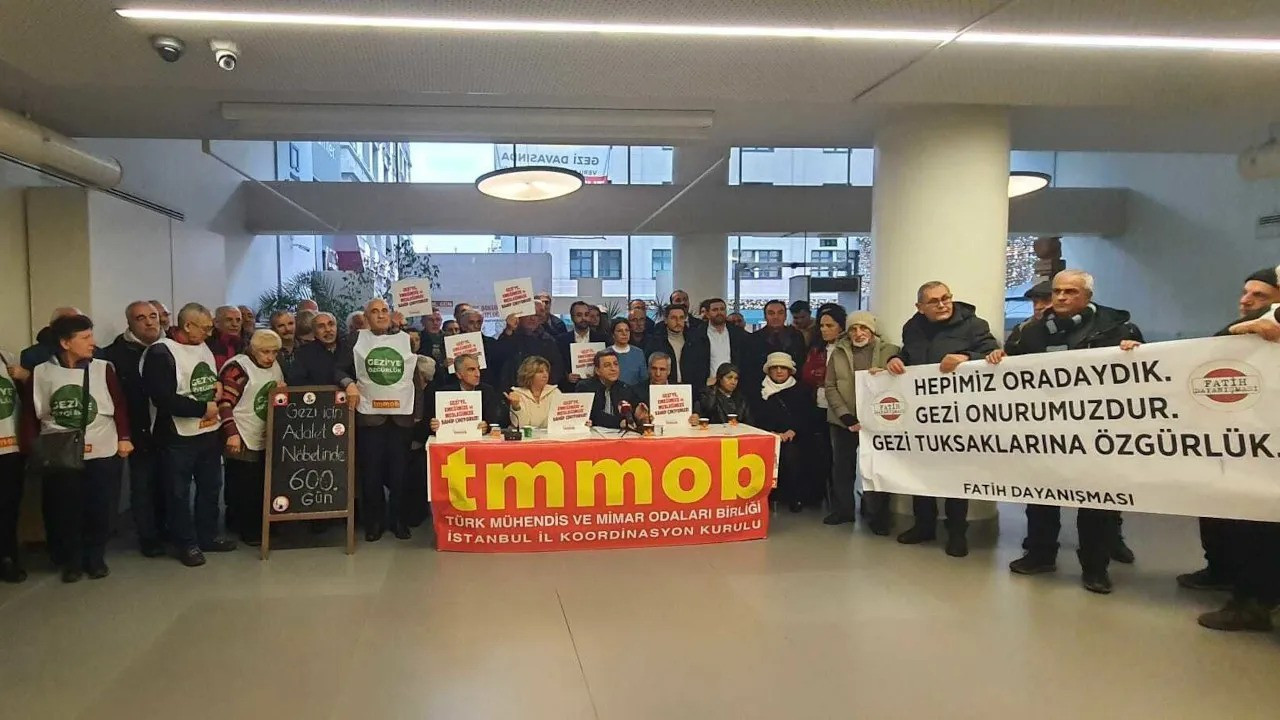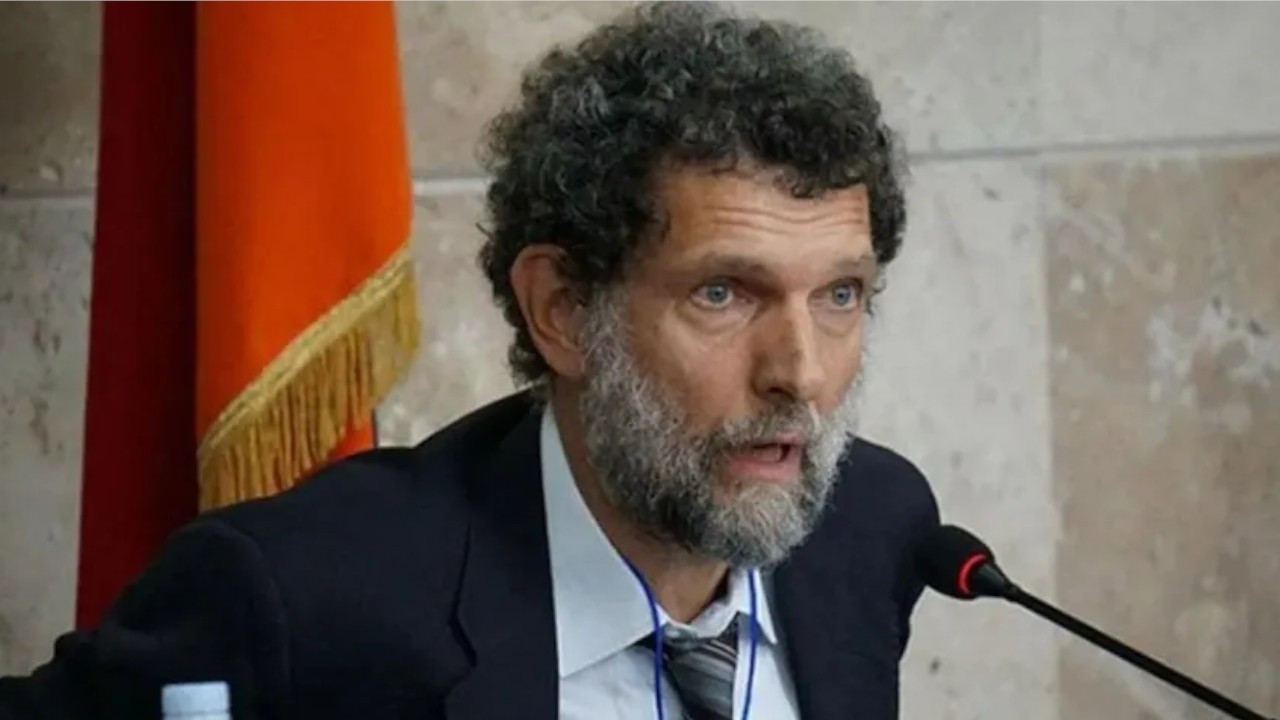Kavala: ‘Turkish government sees Gezi trial as political leverage’
Gezi prisoner Osman Kavala has stated that the Turkish government used the Gezi trial as political leverage, while commenting on the recent legal developments in Workers’ Party of Turkey (TİP) deputy Can Atalay’s pending release.
Duvar English
Osman Kavala said in a Jan. 15 interview with İrfan Aktan of online news outlet Artı Gerçek that the Turkish government was using the Gezi trial as political leverage. The influential businessperson and philanthropist has been in prison since 2017 for “attempting to overthrow the government of the Republic of Turkey” during the 2013 Gezi Protests.
In the interview, Kavala evaluated the recent “legal crisis” surrounding Workers’ Party of Turkey (TİP) deputy Can Atalay’s release. He stated that the government’s insistence on not releasing Atalay despite Constitutional Court rulings arose from the wish to uphold the political leverage the government believed the Gezi trials provided them.
“The government sent a strong message with these trials to civil society organizations, and told them not to engage in activities that would disturb them,” Kavala said.
He complained of the Turkish public’s tendency to accept unlawfulness as “business-as-usual,” which normalized such instances even further. He added that he believed stronger public reaction could have helped their defense.
Kavala said that the Turkish government’s strategy was framing international objections to imprisonments in the Gezi trial as “political interventions,” strengthening their claims that the protests were attempts by foreign powers to overthrow the government.
The European Court of Human Rights (ECHR) in 2019 called for Kavala's immediate release, the European Parliament "seriously condemned" his life sentence, and the Council of Europe's Parliamentary Assembly allowed Turkish authorities until January 1st, 2024 to release Kavala.
“I did not expect such a blatant and reckless detachment from the rule of law,” he stated regarding the legal saga that resulted in his second sentencing. The court released Kavala in 2020 for “espionage” charges. He was arrested again on the same day for alleged involvement in the 2016 coup attempt.
He said the following events “reflected the extent of political influence on courts and the arbitrary use of laws.”
“The Gezi protests had no center of command or a brain. But it had a heart, and that was the Gezi Park,” reiterated Kavala against the court ruling that sentenced him for orchestrating the protests.
Kavala has been imprisoned for over six years, serving the aggravated life sentence without parole, approved by Turkey’s top appeals court in September 2022. The Court of Cassation also upheld the 18-year sentences of city planner Tayfun Kahraman, TİP deputy Can Atalay, filmmakers Çiğdem Mater and Mine Özerden.


 Top Turkish appeals court ignores Constitutional Court ruling, denies TİP MP Atalay’s release againHuman Rights
Top Turkish appeals court ignores Constitutional Court ruling, denies TİP MP Atalay’s release againHuman Rights Gezi prisoners Atalay, Kahraman, Özerden, Mater mark 600 days in captivityHuman Rights
Gezi prisoners Atalay, Kahraman, Özerden, Mater mark 600 days in captivityHuman Rights European Parliament member visits imprisoned Osman KavalaHuman Rights
European Parliament member visits imprisoned Osman KavalaHuman Rights